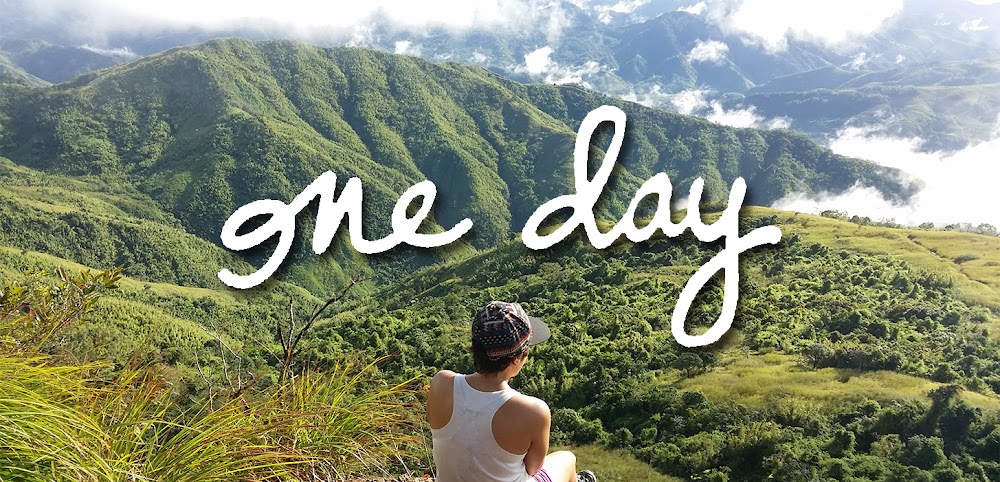During our time in Hawai'i, my travel twin, Celine, and I were initially so caught off guard that everywhere we went, the majority greeted everyone else with aloha. This word is popularly known to mean both "hello" and "goodbye;" but it became apparent that it was more than just a greeting, it's a culture. In a particularly moving, serendipitous meeting with a tribal leader during our stay in Kauai, we learned that alo means "to share the present/a presence face to face," and ha means the "breath of life." To say aloha to another acknowledges that we share this life and this world with every breath, and it is perhaps this thinking that is the root of their respect and compassion toward one another.
I was struck by this one particular day, when we chanced upon a public school at the mouth of the woods. The campus is nestled by mountains, with its paths occasionally fenced in by small vegetable gardens that seemed to be tended by the school's attendees. We arrived at a busy time, at dismissal, with teachers and students hugging and saying goodbye to one another. Some were already pulling their cars out of parking, some were busy segregating garbage or gathering their bags (we later learned they had just arrived from a camping trip,) while others were just chatting and enjoying each others' company. Despite their business, most everyone greeted us with aloha as we passed through, and several children (the youngest to approach us looked about five) asked if we were lost, and offered information and help. I was positively floored by this treatment; and then immediately felt sad that those acts of kindness were jarring to me. What had I grown accustomed to? Shouldn't this be the norm?
 |
| Patches of vegetables and herbs to the left, and happy people to the right |
 |
| Lucky we got lost here: teachers and students chatting before saying goodbye |
This became food for thought for many days, and got me thinking about home. I pondered on aloha as a greeting, and searched for something similar in our language. Instantly, mabuhay came to mind, the word we tell foreigners to use to say hello (but don't use ourselves.) It was easy to see that both greetings focused on a common theme: life. I realized that our traditional (but neglected) greeting has an equally beautiful message: to say mabuhay could be a command to "Live!" or it could be a toast, "(Long) live!"
Inspired by this, I told Celine that I'd start saying mabuhay to everyone when I get back to Manila (and she jokingly retorted that I might make it to the news for being a crazy balikbayan!) To cut the story short, both of us agreed that we want to ignite the same sense of community of love and kindness in our home islands... and where better to start than in the source of all life: nature. So, the Mabuhaykers was born, a portmanteau of mabuhay and hiking, the spontaneous merging of the things we love: nature and culture. We started planning trips between us, and invited some of our friends to come, and what an adventure we've had so far!
On all our trips, we've been trying to share our mission with our friends, and encourage them to say, "Mabuhay!" to greet people we come across. The responses have been varied, but all positive. Some assume that we're visitors to the country, and start responding to us in English; most reply with mabuhay as well. Filipinos are not used to "small talk," so some respond shyly, often others respond enthusiastically, but definitely all receive it happily.
Isabuhay ang Mabuhay! Let's live and spread the spirit of Mabuhay! Love and kindness make little changes that matter.
For more pictures, check out our albums on Facebook. Our rough itineraries and budgets are also posted on every event. Message if you wanna join us!
